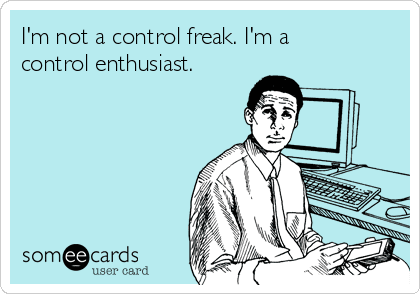
Last weekend I went to visit my mom for the first time since she moved to a memory care facility. It’s been a long time coming and while I felt good about this particular place, it was also good to visit a few times over a few days to really absorb the feel of the place, the vibe of the caregivers, understand how it all works.
The first time I went, my dear friend Susan came with me. We’ve known each other for almost 40 years and she and Mom were friends for a couple decades, so having her there felt really natural.
Without oversharing, I will say that the first ten minutes or so were hard. There were some difficult things to witness and if you’ve ever spent time with a loved one who has Alzheimer’s, you might understand. Knowing this woman who was so independent and capable for most of my life, it is sometimes hard to acknowledge all that she has lost, how reliant she is on others to care for her.
Susan and I sat at her kitchen counter the following morning, talking about it over coffee, and I was reminded of how strong the pull is to DO something when we feel that way. And then, almost immediately, I was reminded of how grateful I am that I’ve cultivated the ability to not respond to that compulsion in the moment.
If you’re like me, you grew up being taught that any time you felt scared or uncertain or really sad, that was a call to action; that the thing to do was to assess the situation and put a plan in place to both alleviate those feelings and prevent them from happening again. Over time, I got really good at doing that – I became a control freak. I prided myself on my ability to anticipate potential disasters and keep them from occurring, mitigate the possibility that I would be blindsided.
When things happened that I couldn’t have predicted, I allowed myself a brief moment of intense emotion (flashes of anger, a crying jag, a mini panic attack), steeled myself, and moved on.
Eventually, that did several things:
- fed the false notion that I am in control (and thus, that when disaster does strike, it’s because I am not smart enough to accurately predict or prevent it),
- turned me in to a DOING person instead of a FEELING person (which reduced my ability to empathize with others and to feel the full range of emotions human beings are designed to feel),
- exhausted my reserves because I was racing around putting out fires all the time – the vast majority of which weren’t mine to put out,
- reinforced the idea that it’s perfectly normal to avoid feeling certain emotions that are uncomfortable (and thus, justified that glass of wine or piece of cake or other unhealthy coping mechanism I utilized when I ran out of ideas about how to eliminate sadness/fear/anger),
- put me at the center of the situation, as though my feelings were the most important consideration.



